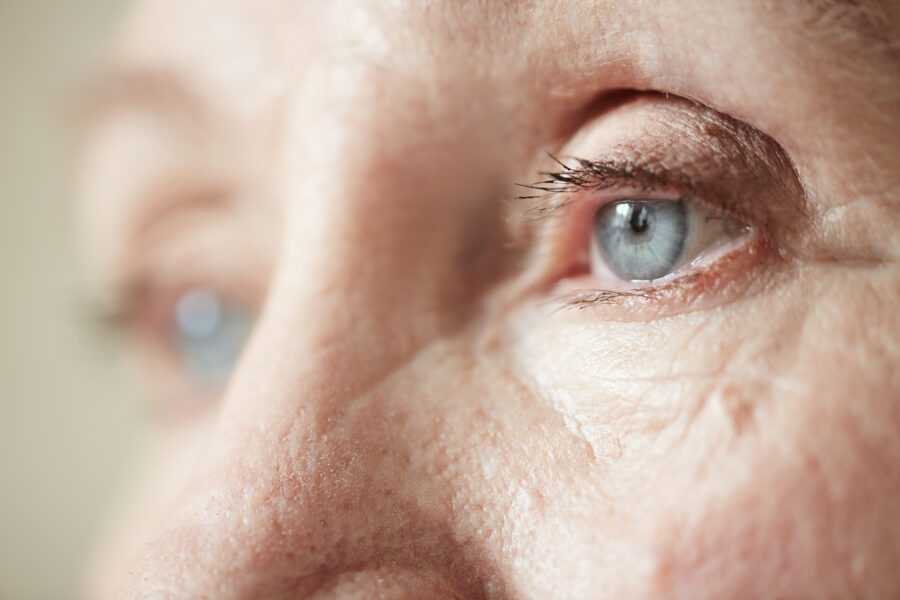

Blog post
Hearing aids could prevent dementia progression
A new study has found that using hearing aids for hearing difficulties could protect you from developing dementia in the future.
The research, conducted by an international team of scientists is the first study examining the use of hearing aids on the progression from mild cognitive impairment (MCI) to dementia.
MCI is the term given for a group of mild dementia symptoms as they are not yet severe enough to be diagnosed as dementia. These symptoms may get worse very gradually. Previously, hearing aid use has been linked to improvements in cognition, communication and socialisation, but the extent to which it can affect the progression of dementia is unknown.
The study, led by Dr Magda Bucholc of Ulster University, involved over 2000 people over the age of 50 with hearing loss and had a cognitive status ranging from MCI to dementia.
It found that a third of participants who wore a hearing aid did not go on to develop dementia symptoms within five years of their MCI diagnosis. Compared to 81% of those who did not wear hearing aids who were later found to have dementia - suggesting that the use of hearing aids is associated with a decreased risk of a dementia diagnosis for MCI patients.
Dr Ralph Holme, Executive Director of Research at the national hearing loss charity, RNID, said: "It is well established that hearing loss is associated with an increased risk of dementia, and this new research supports the growing view that the use of hearing aids may help slow its onset. Further research is needed to definitively show this, but clearly taking early action to address your hearing loss can only be a good thing."
It is unknown why hearing loss is associated with increased dementia risk. It could be due to a reduction in people's abilities to engage socially, resulting in a higher rate of depression and loneliness. There is also the possibility that hearing problems require greater cognitive resources when individuals are involved in listening.
Francesca Oliver, Audiology Specialist at RNID, said: "This important research adds to the growing body of evidence on the link between hearing loss and dementia. This is strong evidence that already shows hearing aids improve people's wellbeing and are clinically effective, and this research further highlights their potential additional benefits. However, many people still delay seeking help for their hearing loss."
Essentially, this new research suggests that seeking help for your hearing loss earlier rather than later, will benefit you in more ways than one. It is an essential step in encouraging people with hearing loss and at risk of dementia to start wearing hearing aids.











